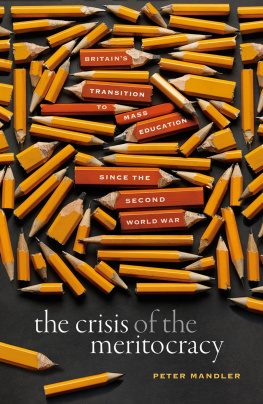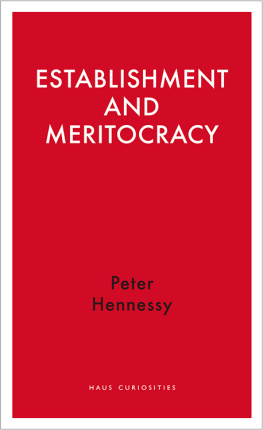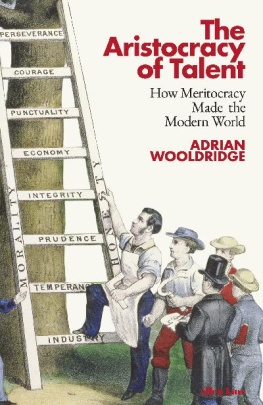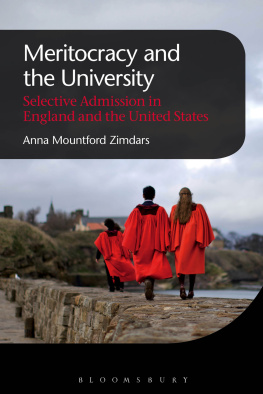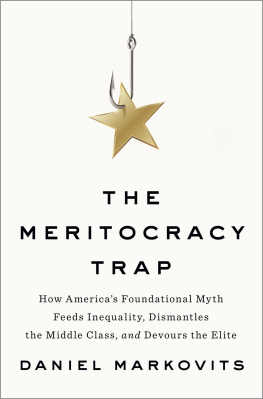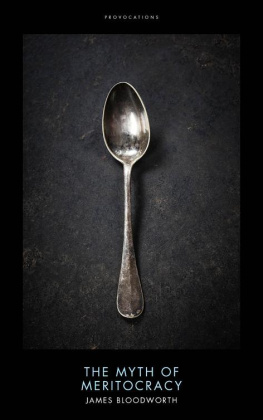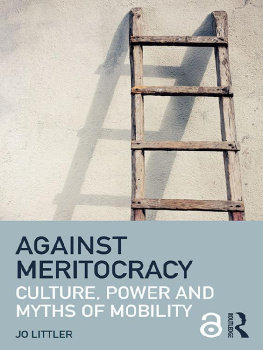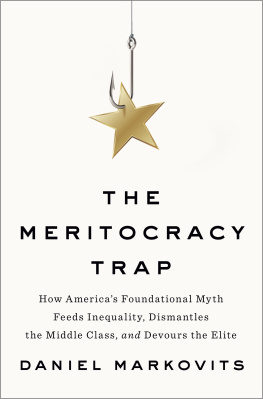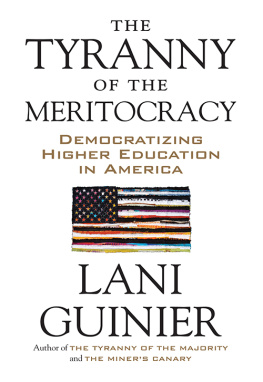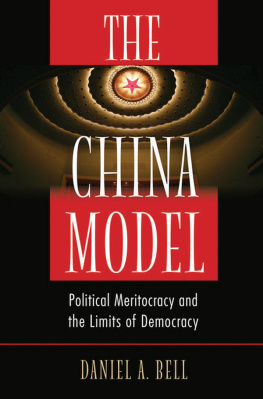Oxford University Press is a department of the University of Oxford. It furthers the Universitys objective of excellence in research, scholarship, and education by publishing worldwide. Oxford is a registered trade mark of Oxford University Press in the UK and in certain other countries
All rights reserved. No part of this publication may be reproduced, stored in a retrieval system, or transmitted, in any form or by any means, without the prior permission in writing of Oxford University Press, or as expressly permitted by law, by licence or under terms agreed with the appropriate reprographics rights organization. Enquiries concerning reproduction outside the scope of the above should be sent to the Rights Department, Oxford University Press, at the address above
You must not circulate this work in any other form and you must impose this same condition on any acquirer
Printed and bound in Great Britain by Clays Ltd, Elcograf S.p.A.
Links to third party websites are provided by Oxford in good faith and for information only. Oxford disclaims any responsibility for the materials contained in any third party website referenced in this work.
Acknowledgements
My interest in the recent history of education was first stimulated in the late 1990s when I began what turned out to be 20 years (off and on) of work on education policy for the Royal Historical Society, culminating in three years as Vice President for education policy and four years as President. I am grateful to Peter Marshall for inviting me into this work in the first place and to Colin Jones for asking me to return to it; to the staff and officers of the Society who did it alongside me, particularly Arthur Burns and Margot Finn; and to the many people from whom I have learnt in that work in a variety of roles, from civil servants in the Department for Education to the staff of the Historical Association to my colleagues in the Arts and Humanities Alliance to the staff of the British Academy. My preliminary ideas for this book were worked out in four presidential addresses to the Society, appearing in its Transactions in the years 201417 inclusive.
Serendipitously (or notyou cant escape the Zeitgeist), at about the time my work for the RHS came to a head, I also gained two collaborators who have made all the difference, first as students, now as colleagues. Laura Carter wrote an undergraduate dissertation with me on new methods of teaching history in the interwar period at the same time as Chris Jeppesen was writing a PhD dissertation under my supervision on career choice in the imperial civil service. Over time the three of us realized that in different ways we were all interested in the same thingthat is, mass education as a social and cultural (and not only a political) phenomenon. By around 2015 we were ready to prepare a joint project and in 2017 we were awarded a four-year research grant from the Economic and Social Research Council (Ref. ES/P010261/1), under the title, Secondary Education and Social Change in the United Kingdom since 1945 (SESC). The latter phases of the current book were completed with the support of that grant and I am very grateful to the ESRC for its support. I am even more grateful to Laura and Chris, sine qua non. If I had thanked them for every contribution they made to my thinking and writing, Id be thanking them on every page; instead, I have dedicated the book to them. There is much more to come from the SESC project: you can follow its work at sesc.hist.cam.ac.uk. If this book provides a birds-eye view of mass education in the postwar decades, SESC will provide the worms-eye view, with a much greater emphasis on individual experiences, identities, and legacies, using wherever possible the voices of participants, and I hope with an even deeper (though ideally not incompatible) understanding of what difference education has made to peoples lives over the last three generations.
In this book I have tried to pull together the disparate and often unconnected work of historians of education, sociologists, economists, and modern British historians; I hope my great debt to them is fully visible in the bibliography and the notes, even, or especially, where I have disagreed with them. But there are individuals who have gone out of their way to guide me through often unfamiliar disciplinary labyrinths. Amongst the historians of education, Id like to thank especially Cathy Burke, Lottie Hoare, Gary McCulloch, and Stephanie Spencer. Among the sociologists, Mike Savage, Jane Elliott, and Lindsay Paterson have been absolute models in their continuous helpfulness and willingness to engage, well beyond the call of duty. Plamena Panatoyova invited me to join a conference on the history of sociology, which allowed me to explore further the teaching of a wide range of social studies subjects, and to draw on the expertise of John Goldthorpe and Geoff Payne among many others. The directors and staffs of the 1946, 1958, and 1970 birth-cohort studiesnow in the care of the Medical Research Council (National Survey of Health and Development, 1946) and the Centre for Longitudinal Studies, University College London (National Child Development Study, 1958, and British Cohort Study, 1970)have been indispensable to the SESC project, though they must often have been puzzled by the questions and approaches that we strange historians have adopted. Among the economists, Anna Vignoles has been patient and cogent, again well beyond the call of duty, in explaining to me how economists work, opening up new literatures, and engaging closely with my four original papers in ways that helped me understand more of what was at stake in the different disciplinary perspectives. Among the psychologists, Michelle Ellefson has provided another model, of how to be expert in your field and still keep channels open to others. Fortunatelythanks again to the Zeitgeistmy colleagues in modern British history have also recently taken a new interest in the social history of education and many of them have contributed profoundly to my thinking: special thanks for conversation and disputation to Jon Lawrence, Florence Sutcliffe-Braithwaite (who even convened a private tutorial for me, Chris and Laura), David Edgerton, Selina Todd, Laura Tisdall, Andrew Burchell, Helen Carr, Heidi Egginton (who also cracked open for me the treasures of the Churchill Archives Centre), Lawrence Black, Stefan Collini, and William Whyte. Gill Sutherland and Deborah Thom were there long before most. Miles Taylor invited me to join, more or less as a free rider, his project on the Utopian Universities of the 1960s which exposed me to a wide range of new work on the history of higher education. Hannah Forsyth and Stuart Macintyre shared their expertise in helping me make comparisons with Australia.
I had a number of crucial opportunities, beyond the RHS lectures, to air my early ideas and to collect ideas and criticisms from much wider circles of expertise: lectures and seminars at St Annes College, Oxford, Christs, Queens, St Johns, and Pembroke Colleges, Cambridge, the Raphael Samuel History Centre at the Bishopsgate Institute, the Universities of Bristol, Manchester, Warwick, St Andrews, Lancaster, Lincoln and Suffolk, Leeds Beckett, Columbia and Rutgers Universities, the School of Oriental and African Studies, the Schools History Project annual conference at Leeds Trinity University, the Historical Association annual conference at Chester, the annual conference of University English at the University of London, the A.B. Emden Lecture at St Edmund Hall, Oxford, the Ewen Green Memorial Lecture at Magdalen College, Oxford, the North American Conference on British Studies, the Institute of Historical Research, the University of Regensburg, Nanjing, Fudan, Beijing Foreign Studies and Shanghai International Studies Universities, Kyungpook National University, the Australian Historical Association, the Institute of Education at University College London, and the Society for the History of the Humanities at Somerville College, Oxford. The Permanent Secretary at the Department for Education organized a panel discussion for his senior staff on the legacies of the Butler Act 70 years later where I spoke alongside and learned from Michael Barber and Alison Wolf. Alison Wolf also invited me to contribute to a Radio 4 programme she masterminded on the history of secondary education, which embroiled me in controversy with Peter Hitchens. Marina Vaizey spoke to me about the work of John Vaizey; other contemporary witnesses are thanked in the notes at the specific points where their observations were most invaluable. Sam Haselby invited me to contribute to

